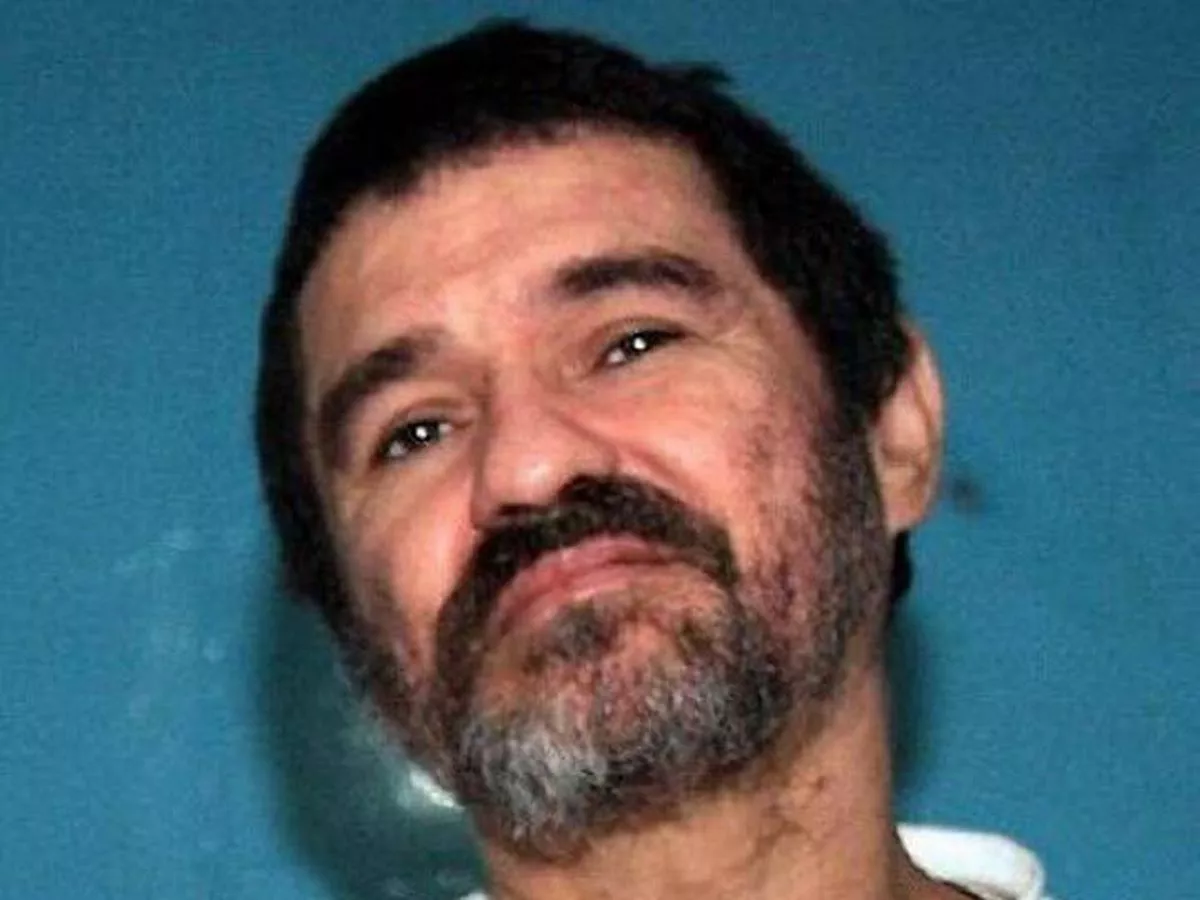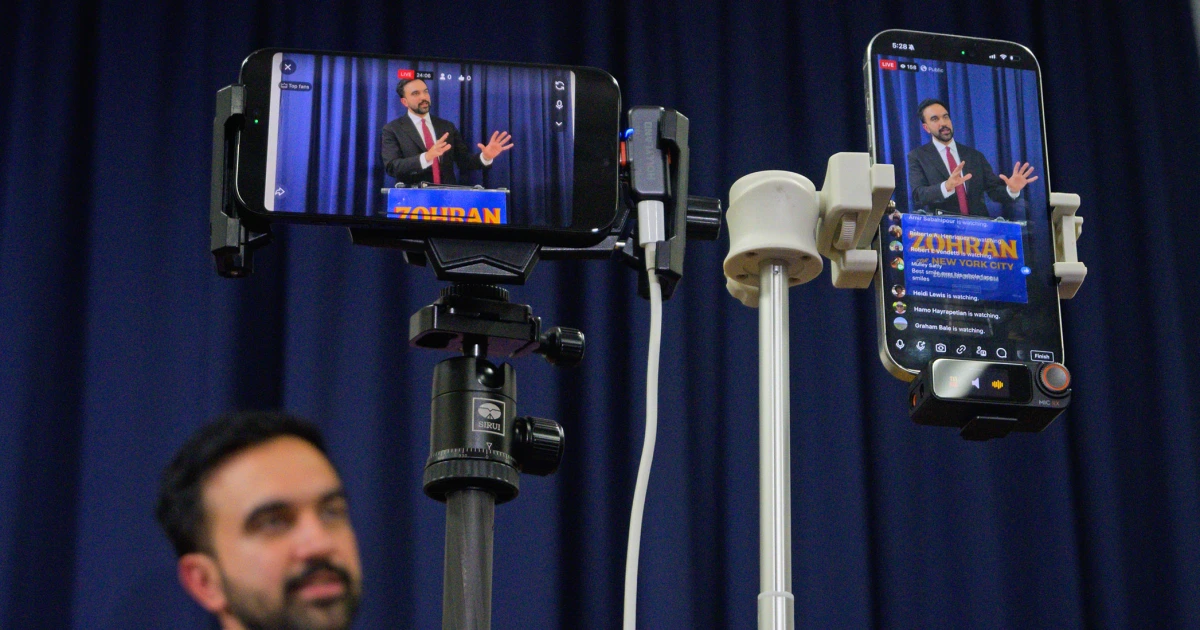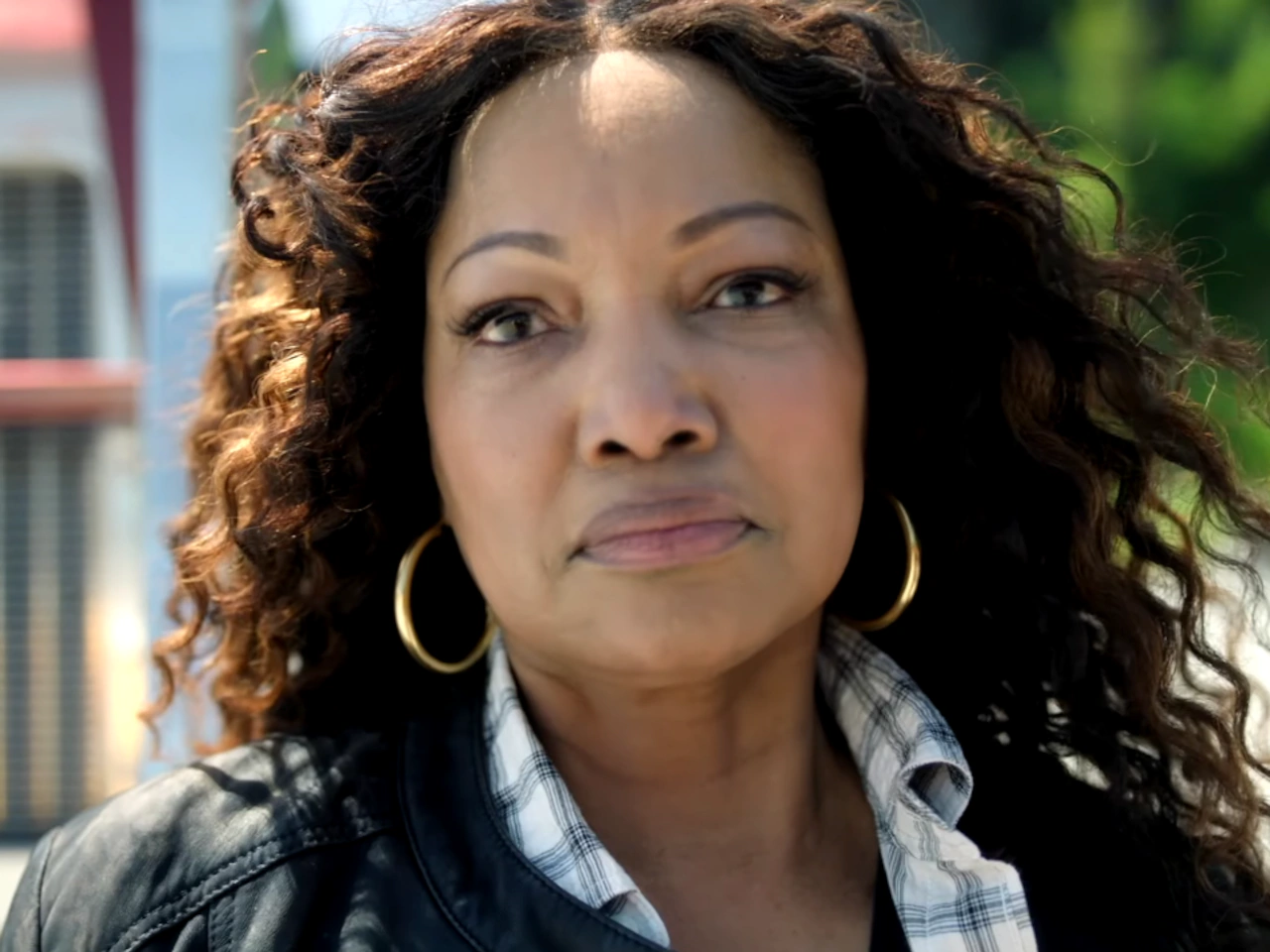Copyright dailyrecord

José Dorángel Vargas Gomez, better known as Dorángel Vargas or the "People Eater," is one of Venezuela's most infamous criminals. His chilling tale spans from a troubled upbringing in rural Mérida to horrific murders on the streets and, decades later, a horrifying prison riot that resulted in the death of inmates who were allegedly used as food for others. Vargas was born on 14 May 1957, in the small village of Caño Zancudo, Mérida, into a family of impoverished farmers. His parents were associated with the Venezuelan Liberation Forces, patrolling the borderlands alongside guerillas. Locals later alleged that Vargas was "possessed by evil spirits" from an early age. His formal education ended at sixth grade. As a young adult, Vargas distanced himself from his family and began living a nomadic lifestyle. He committed petty crimes such as stealing chickens and livestock, establishing a pattern of opportunistic offending. His first serious encounter with the law occurred in 1995 when he murdered a fellow drifter, Baltazar Cruz Moreno, and cannibalised the body, reports the Mirror . After this murder, Vargas was institutionalised at the Peribeca Psychiatric Rehabilitation Institute, where he spent two years receiving treatment. He was diagnosed with paranoid schizophrenia but was subsequently released, despite concerns about his violent tendencies. By the late 1990s, Vargas had returned to street life, this time in San Cristóbal within Táchira state. Between November 1998 and January 1999, he embarked on a killing spree along the Torbes River and within Parque 12 de Febrero. His victims were typically fit men - labourers, sportsmen, and the occasional drunk - whom he battered to death using a metal spear-like tube or rocks. Women, youngsters, pensioners, and overweight males were reportedly spared due to his twisted personal criteria regarding flesh "quality". Following each murder, Vargas would dismember the corpses. Certain body parts were eaten, prepared, or kept in receptacles - whilst others were interred or cast into the waterway. He favoured thigh and calf muscles, occasionally incorporating tongues into broths or extracting eyes for soup, though he refused to consume hands, feet, noses, and ears. The enormity of his atrocities emerged in February 1999 when civil defence personnel discovered two young men's remains close to a park. Additional searches revealed six more corpses, alongside containers holding human meat and organs, plus numerous severed heads, hands, and feet within a hut where Vargas had been residing. He confessed to murdering and devouring no fewer than ten men throughout this timeframe. After his arrest, Vargas's tale gripped the nation. The media christened him "The Hannibal Lecter of the Andes," referencing the notorious fictional cannibal from the acclaimed book and film franchise. Psychological assessments determined that he was suffering from paranoid schizophrenia with psychopathic tendencies, making him legally unaccountable in Venezuela's justice system. Due to the lack of a suitable psychiatric facility for long-term confinement, Vargas was placed in a secure prison in Táchira, where he was kept isolated to prevent further violence. However, his violent tendencies did not cease despite being behind bars. In October 2016, a month-long disturbance at the Táchira Detention Centre in San Cristóbal spiralled into a full-blown riot. The overcrowded facility was under gang control, with weapons and drugs reportedly rife, and suspicions of collusion among some officials. In the midst of the chaos, two inmates - Juan Carlos Herrera Jr. , 25, and Anthony Correa - were brutally killed. Their families later alleged the men were stabbed, left to bleed out, dismembered, and in a chilling twist, parts of their bodies were served to other prisoners. Eyewitness reports and prison investigations suggested that Vargas, already notorious as a cannibal, was enlisted by a gang to carry out the dismemberments. A local investigator reported that some inmates unknowingly consumed the flesh of their fellow prisoners, while others were force-fed. Those who refused to partake had fingers severed as punishment. The government acknowledged the fatalities but stopped short of officially confirming the cannibalism allegations, with Prisons Minister Iris Varela declaring that inquiries must be based on scientific proof. Nevertheless, accounts from inmates and relatives lent considerable credence to the horrific claims. Currently, Vargas remains confined in isolation within Táchira, under constant surveillance owing to his erratic and aggressive conduct. He has consistently been forthright about discussing his offences, even confessing during interviews: "I used to eat the thighs, not the nose, ears or hands because they are too hard. If I saw a drunkard sleeping, I would kill him with my spear, cut his head off and feel happy. "I want to go back there and dig a big hole to bury them. I don't feel ashamed of anything. They have put me in this jail for nothing."



